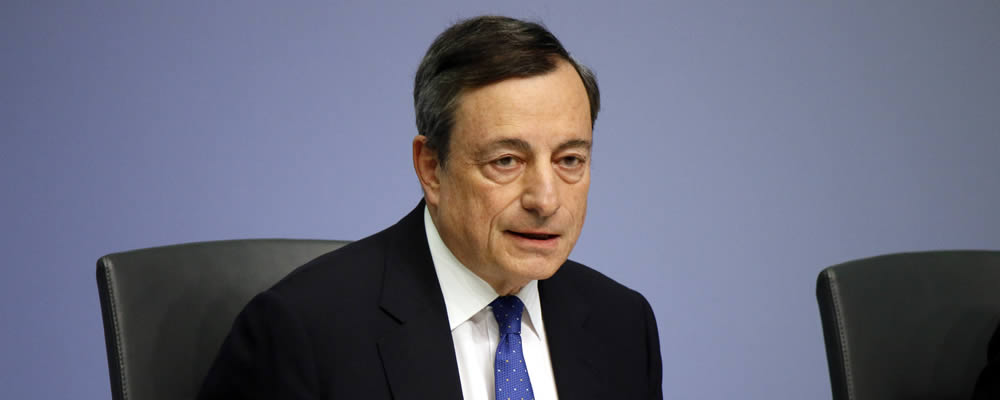Trade War Fears Limit Australian Dollar (AUD) Exchange Rates
The Euro to Australian Dollar (EUR/AUD) exchange rate climbed on Thursday, bolstered by falling risk appetite amongst the markets as Economic Advisor to US President Donald Trump, Larry Kudlow, echoed a tougher trade stance against China.
The prospect of a protectionist trade war has loomed for the past week, but Mr Kudlow, new Director of the National Economic Council raised tensions this morning by pointing out that China has earned a tougher response from the world, with Beijing itself having levied substantial tariffs on a huge number of goods.
He told CBNC that:
‘I must say that as somebody who doesn’t like tariffs, I think China has earned a tough response not only from the United States… A thought that I have is that the United States could lead a coalition of large trading partners and allies against China, or to let China know that they’re breaking the rules left and right’.
This sentiment was also accompanied by rumours that the Trump administration is preparing another tariff, this time directly aimed at China.
This is pertinent in that China is Australia’s number 1 export market, and whilst Australia is exempt from President Trump’s tariffs on steel and aluminium, a retaliatory move from China could potentially hurt the Australian economy.
This hurt risk sentiment in the markets, but the many analysts have pointed out that China is extremely unlikely to move with a run of new tariffs of their own considering the fact that they already have substantial tariffs against a number of nations (including the US) as well as a huge trade surplus.
Nonetheless, markets abhor uncertainty, and this news quickly weighed on the performance of the Australian Dollar.
Euro (EUR) Exchange Rates Limited by Dovish European Central Bank
The Euro (EUR) might have taken the lead against the ‘Aussie’ Dollar this morning, but the single currency continues to remain encumbered by a rather dovish European Central Bank (ECB).
ECB President Mario Draghi tempered investor hopes yesterday that the central bank could be moving towards ending its extensive quantitative easing measures by the end of the year, asserting that soft inflation continues to negate this possibility.
This is likely to continue until the bank is satisfied that price pressures can be raised and sustained.
He stated:
‘There is a very clear condition for us to bring net asset purchases to an end: we need to see a sustained adjustment in the path of inflation towards our aim’.
EUR/AUD Exchange Rate Forecast: Eurozone Inflation in the Spotlight
Tomorrow will feature the bloc’s highly anticipated consumer price inflation reading for February, an event that could put serious pressure on the EUR/AUD exchange rate.
Markets are currently expecting consumer prices to rise by 1.2% year-on-year, down from the previous period’s rise of 1.3%.
With the central bank’s target being 2% this result would be another step in the wrong direction, likely delaying bond-purchasing measures and completely defeating the possibility of a rate hike from the central bank in the foreseeable future.



